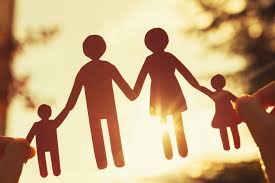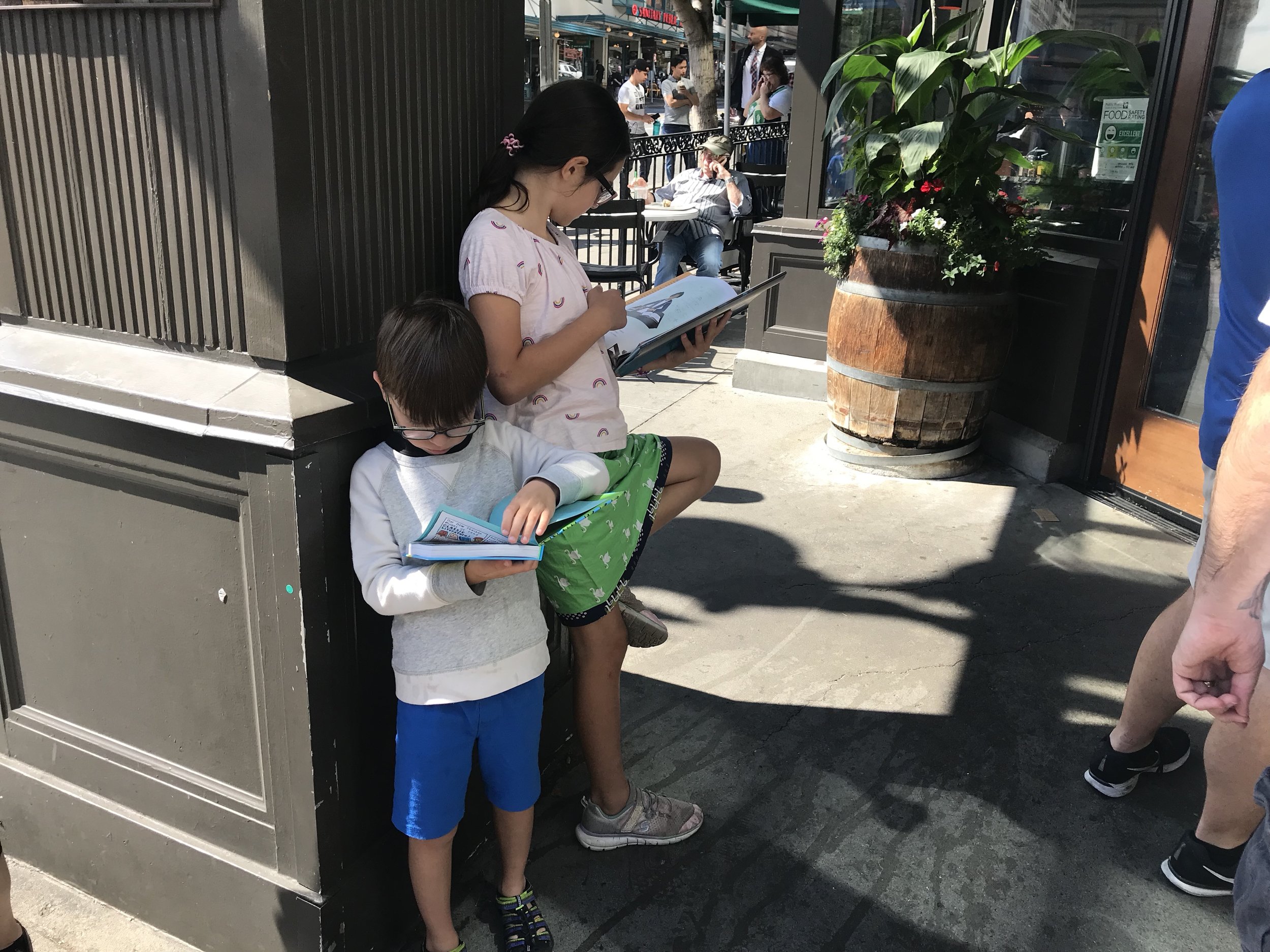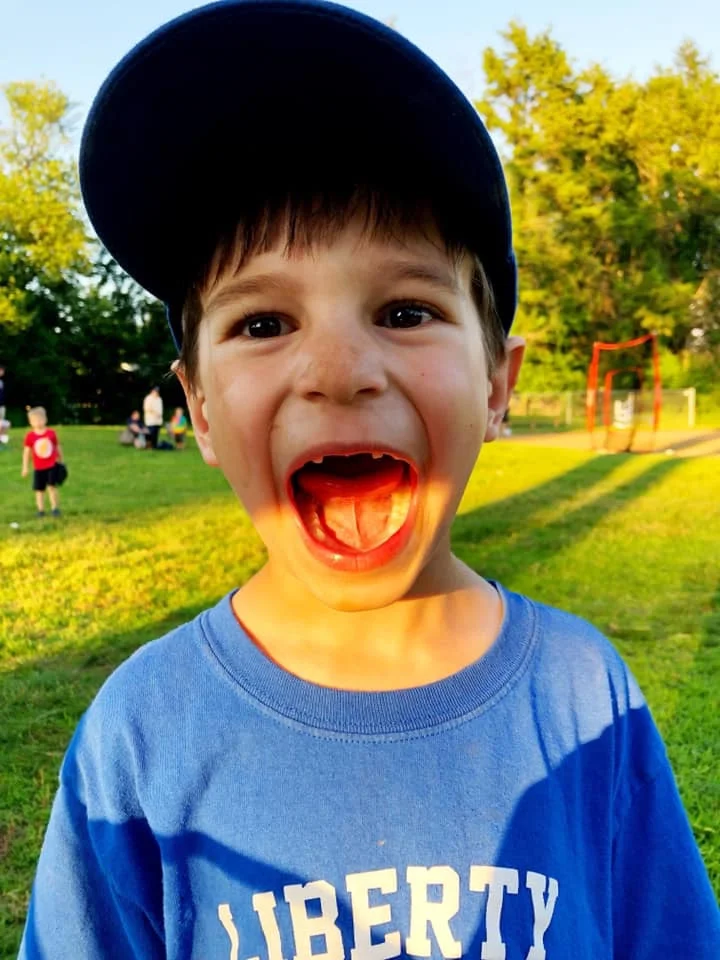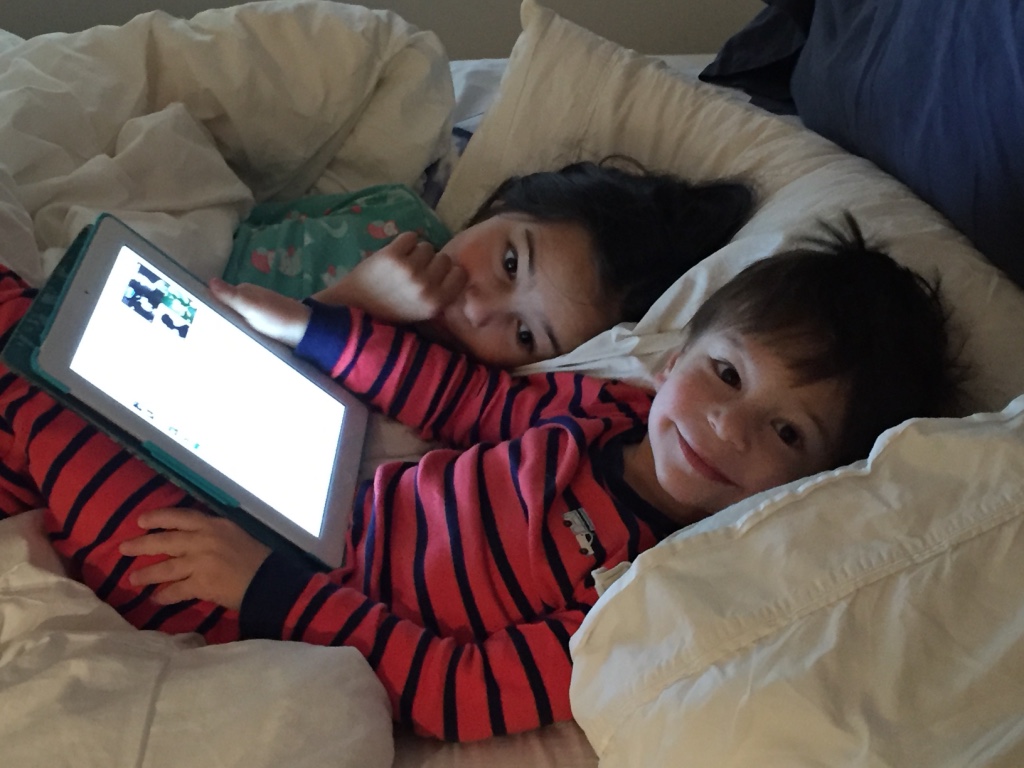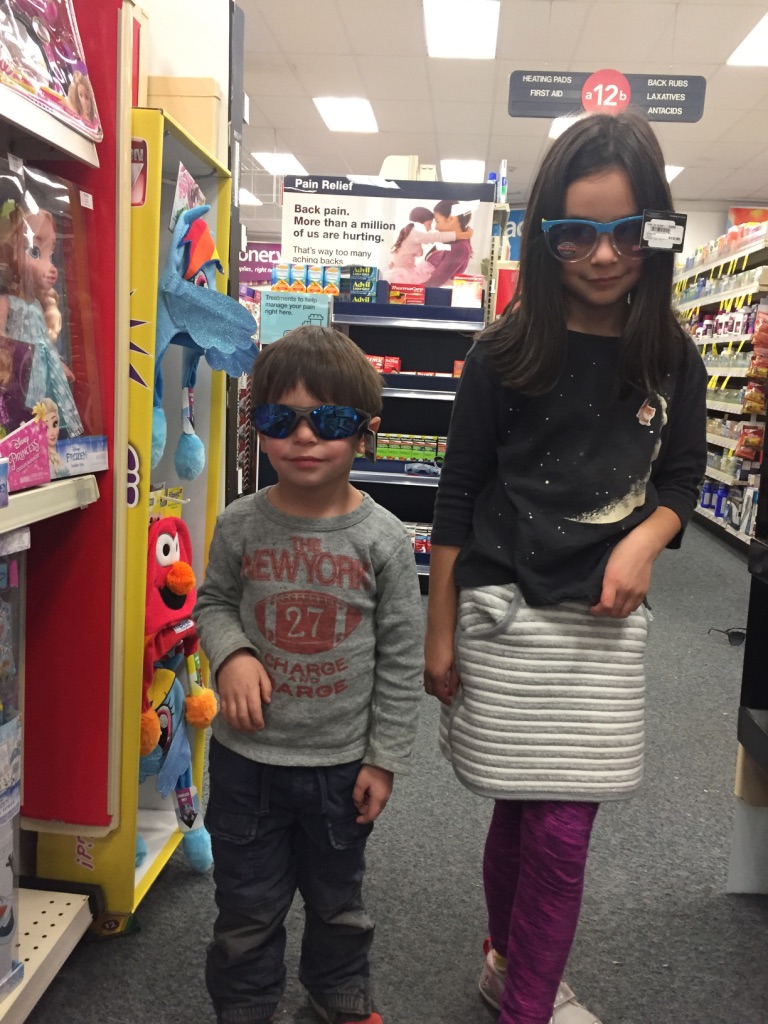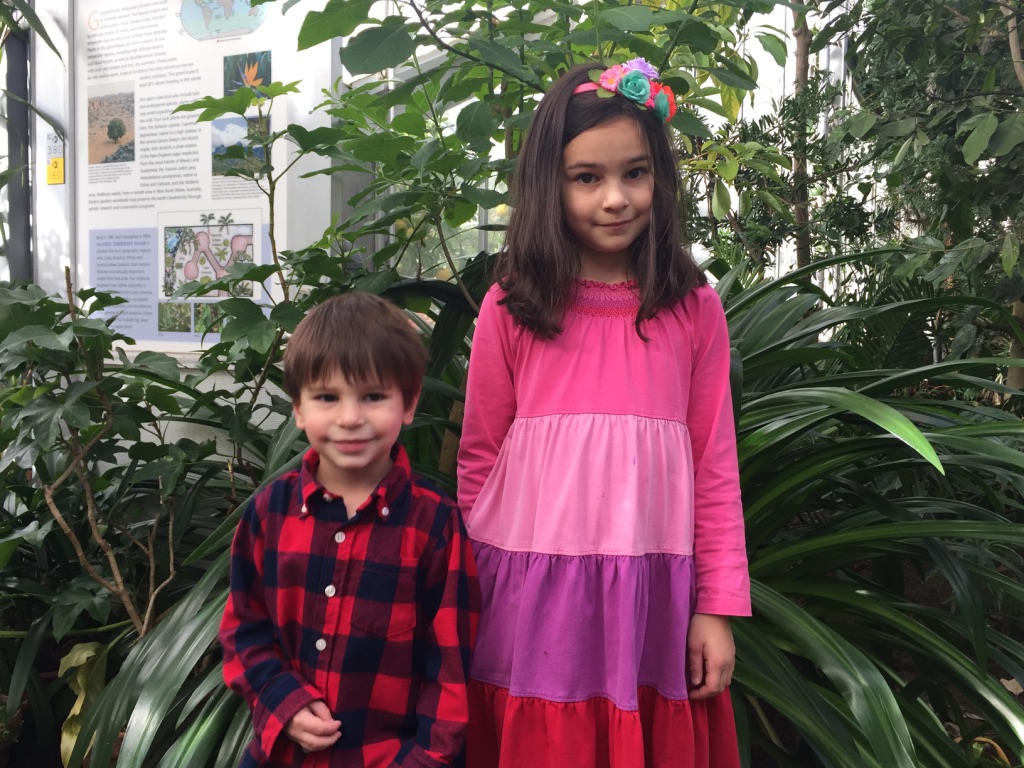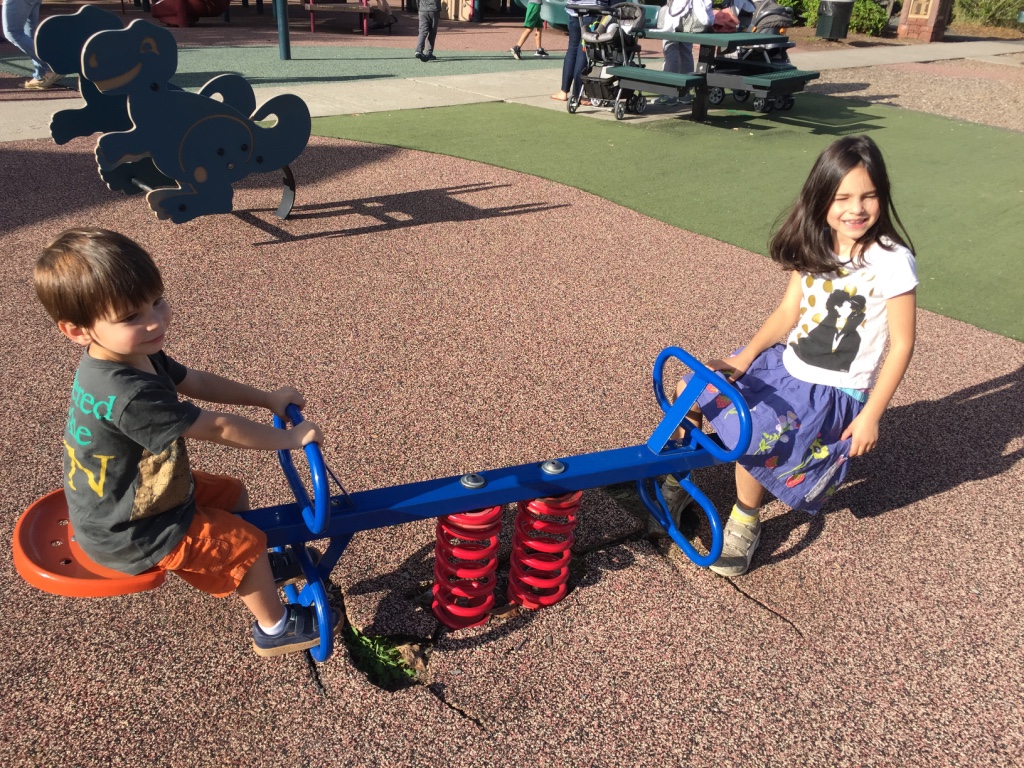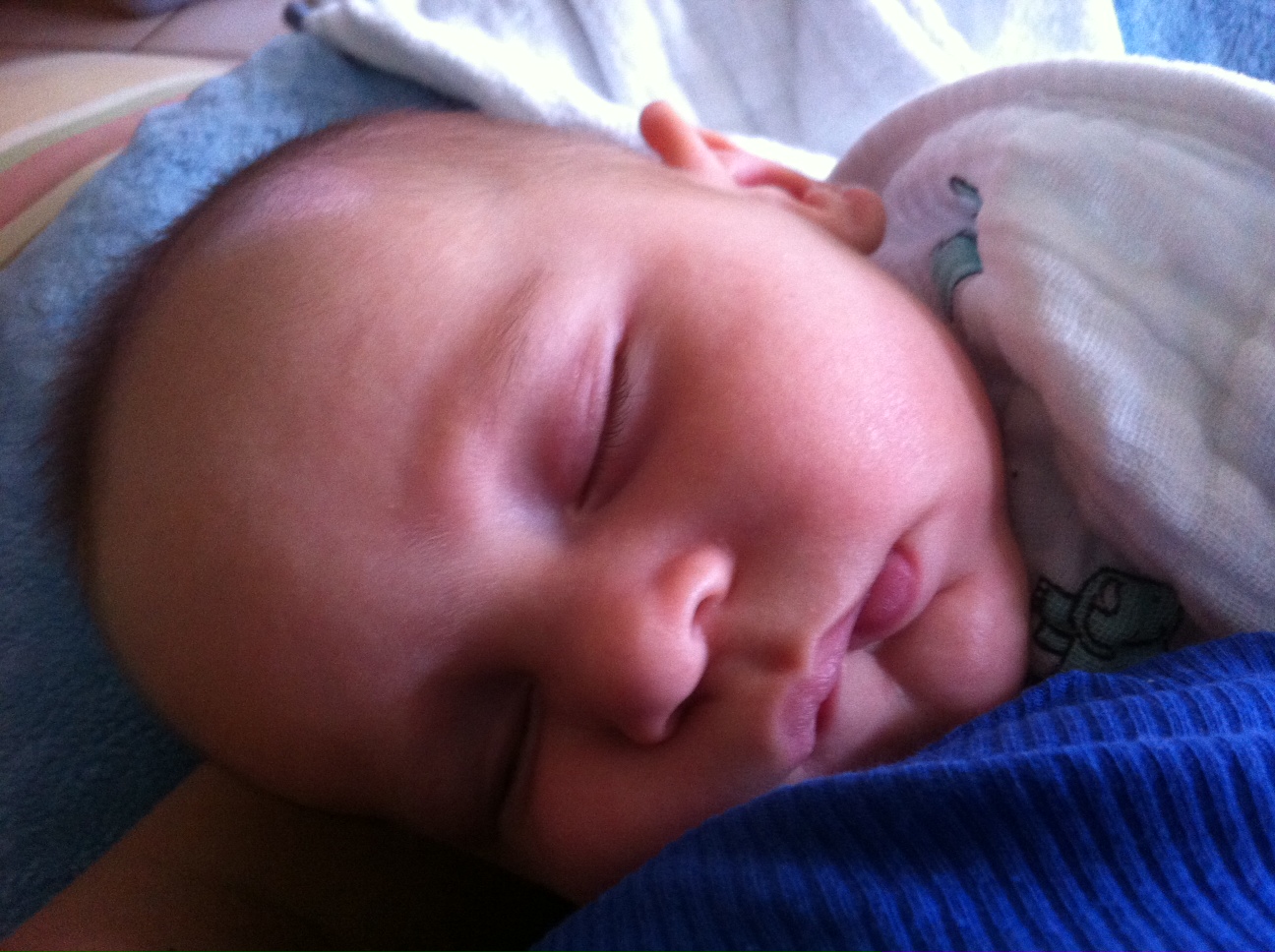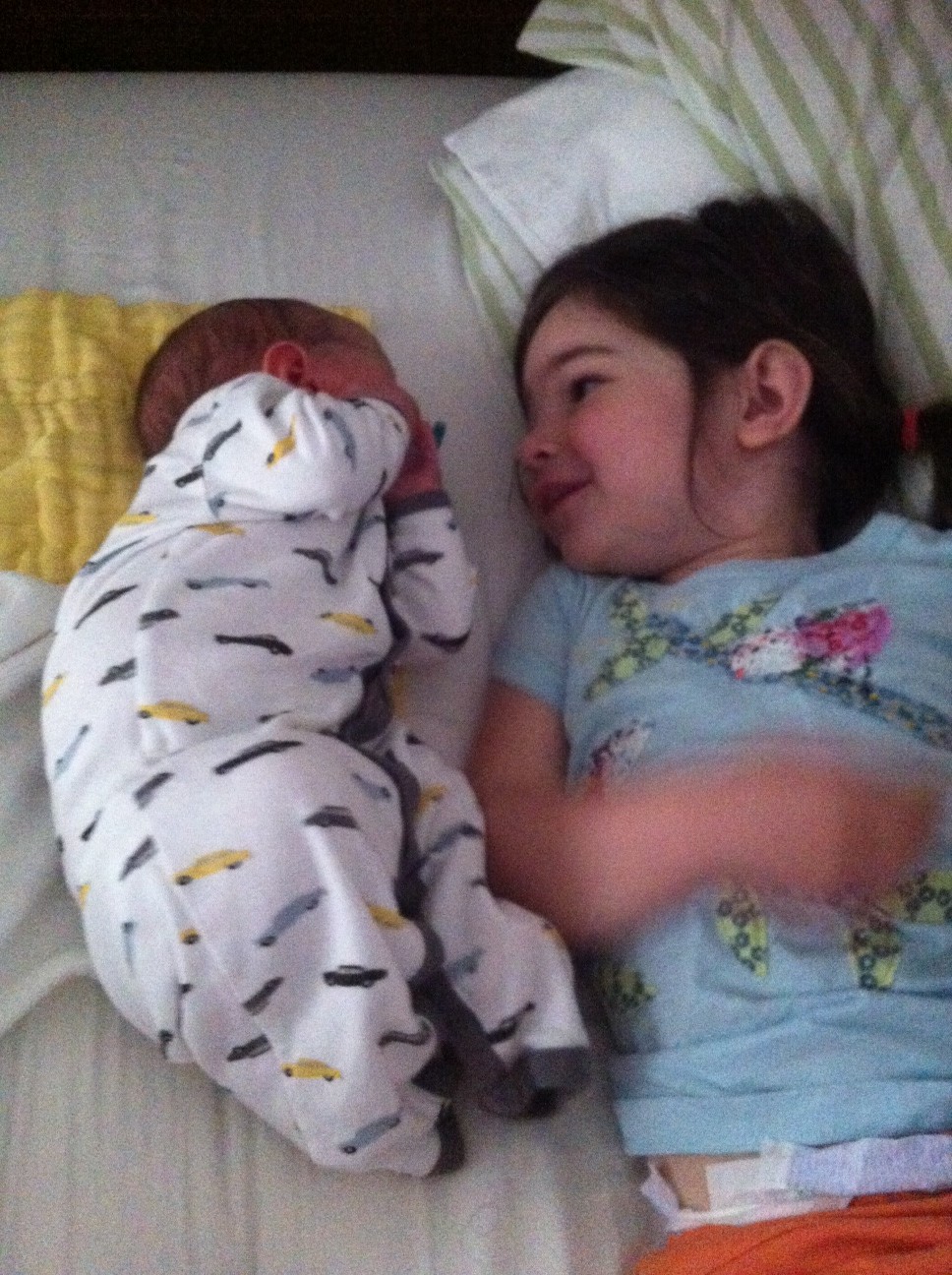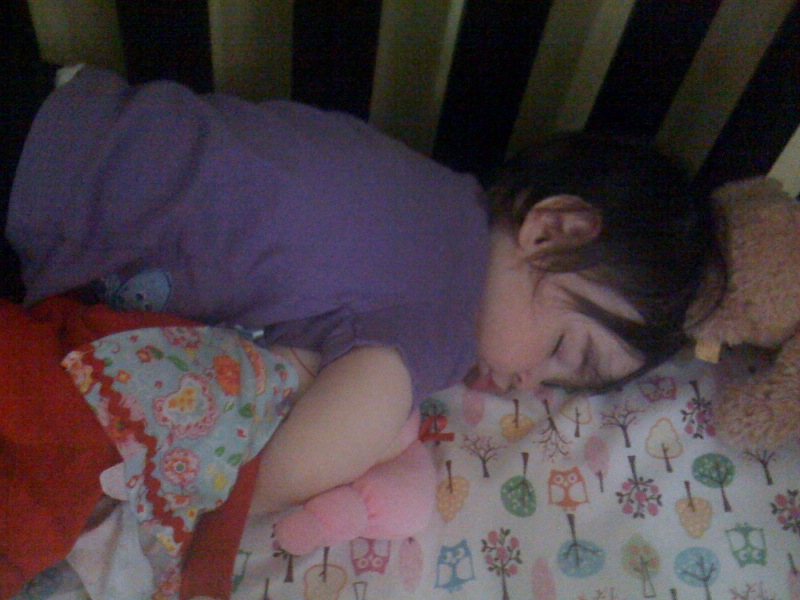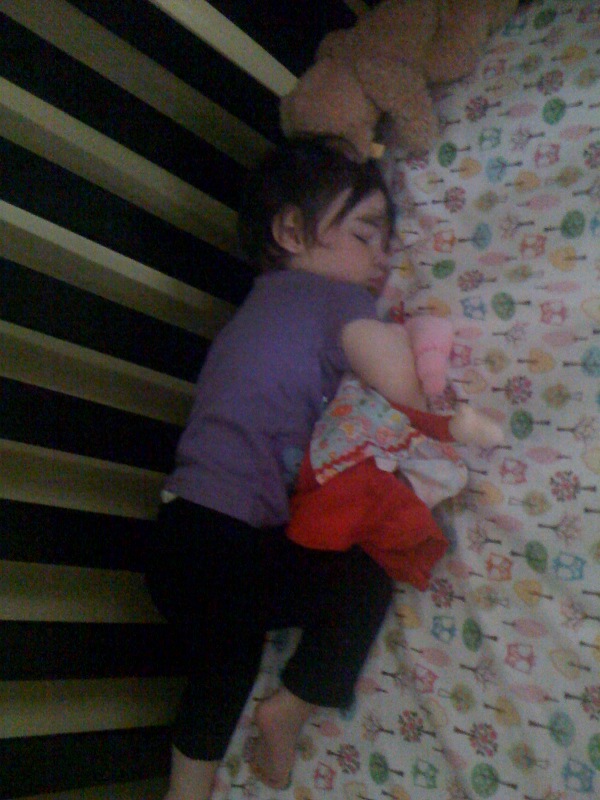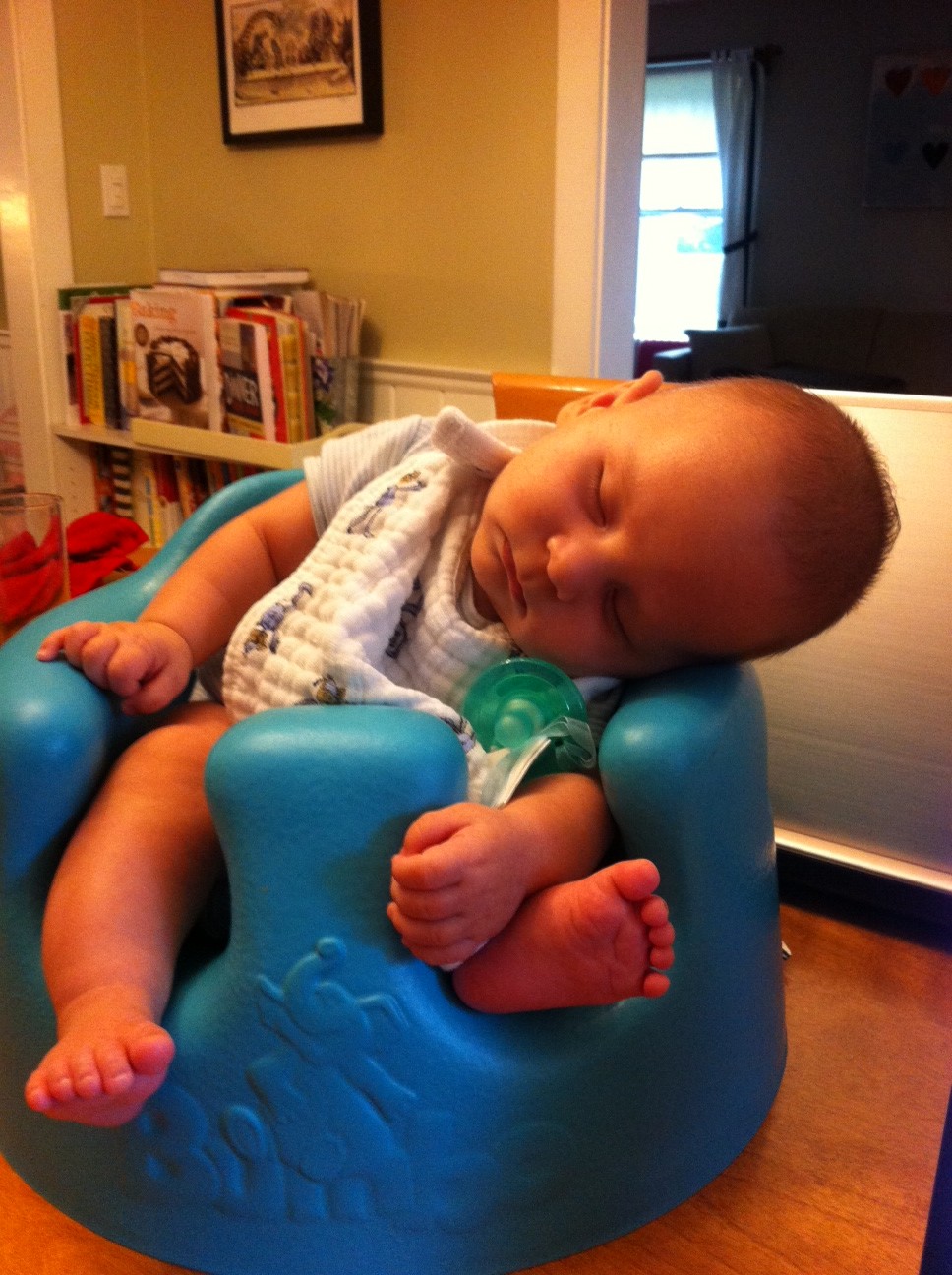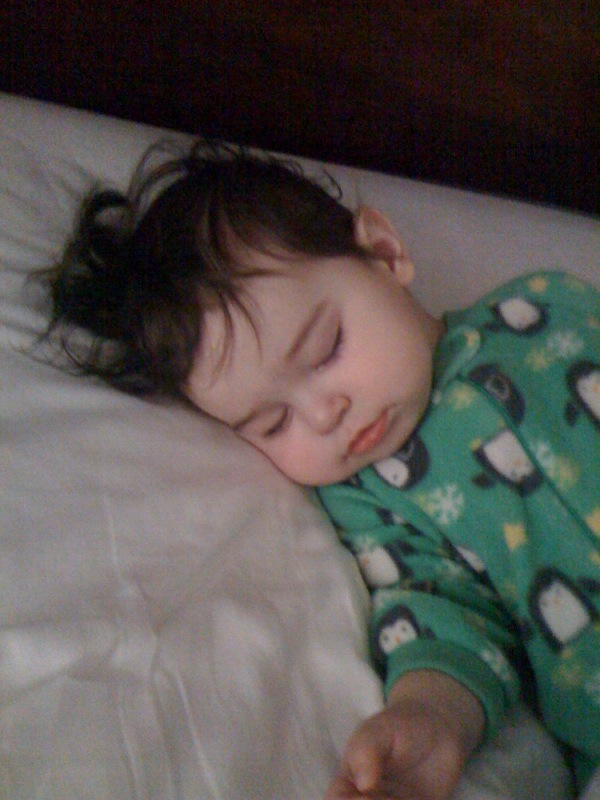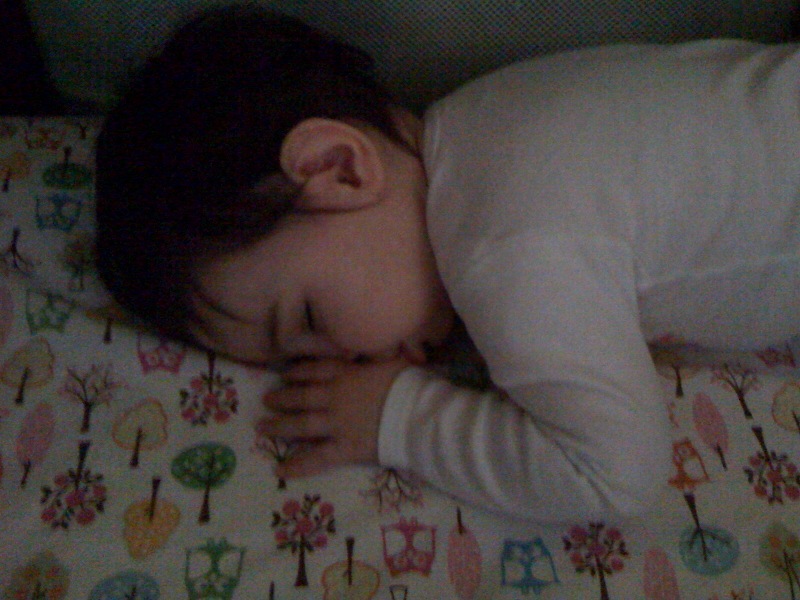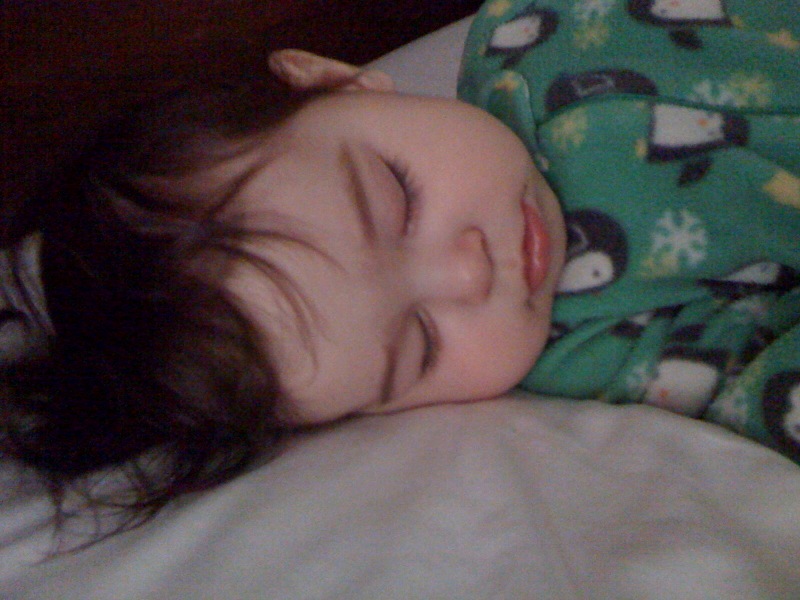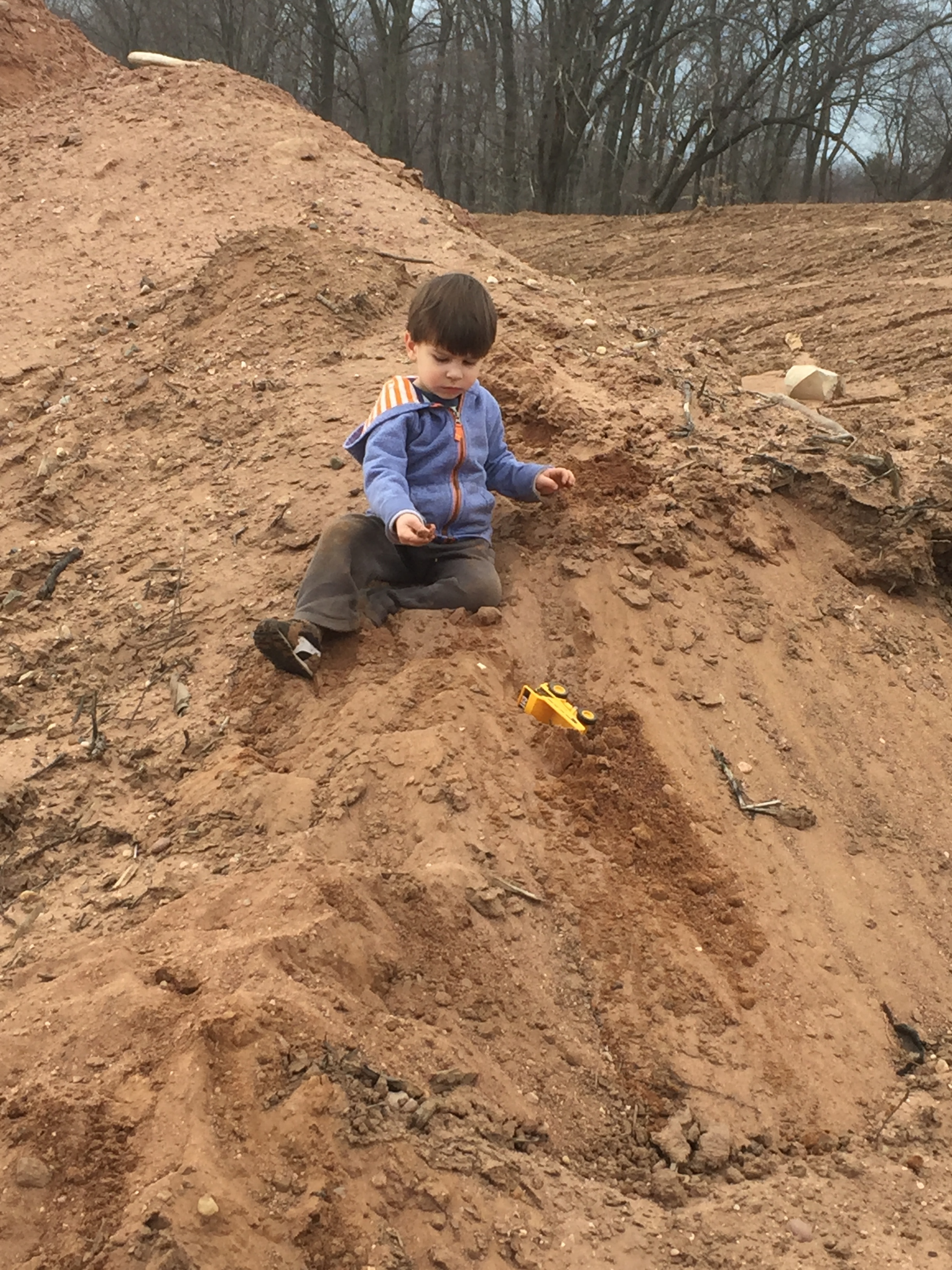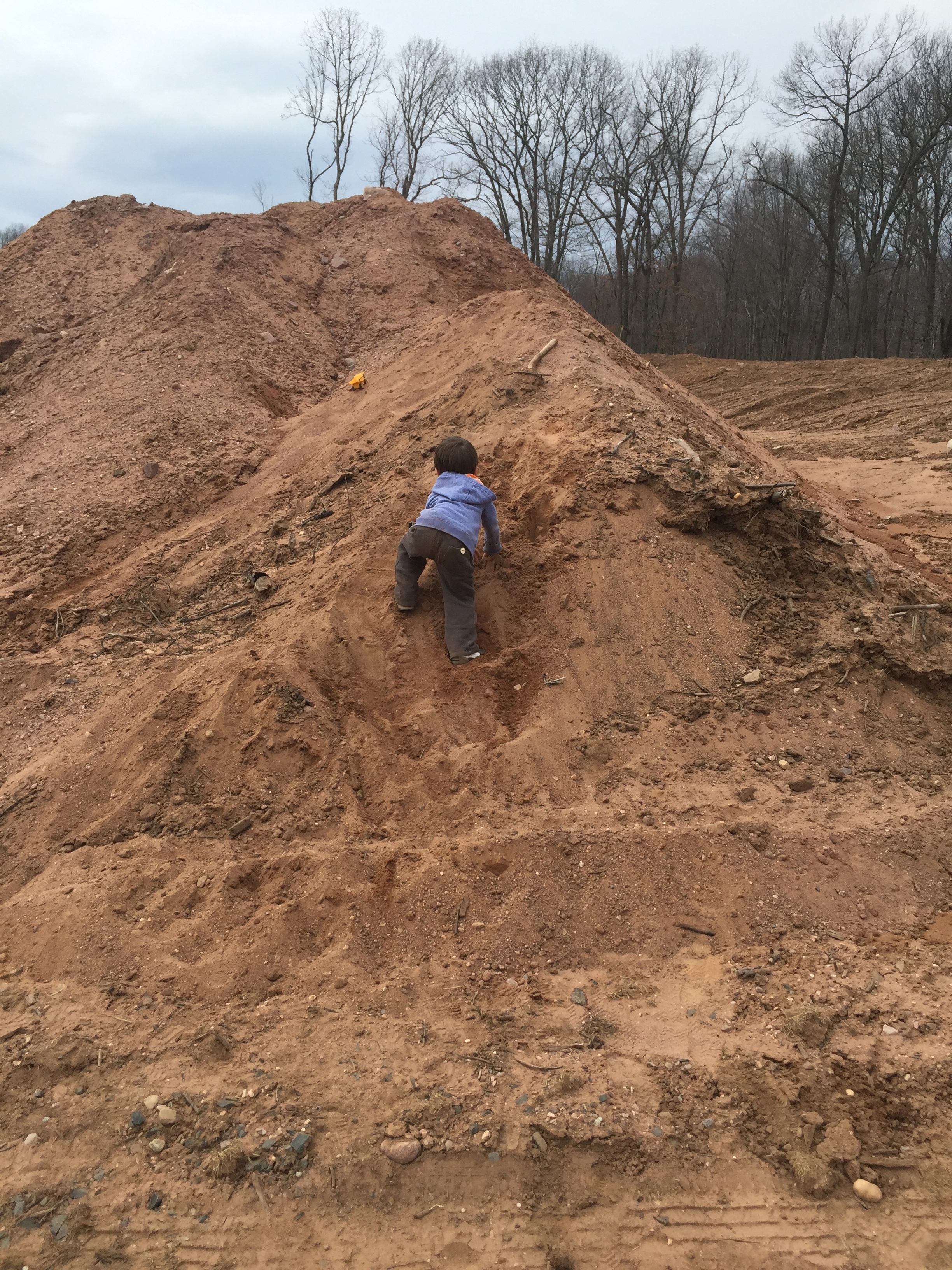21 + 3 Parenting Truths
/Behold! My list of 21 + 3 truths about parenting.
If you find any item on my list offensive, insulting, or somehow unfairly critical of your own parenting decisions, please remember that although I refer to these items as truths, the only real truth is that this is just a list of my opinions about parenting.
I won't be coming to your home to impose my will upon your children or your parenting style.
This doesn't mean you can't disagree. I love a lively debate. Just don't go flying off the handle or getting your knickers in a bunch.
If you feel your knickers beginning to bunch, please refer to truth #21 on the list.
_______________________________________________________
21 +3 TRUTHS ABOUT PARENTING
The parent who assumes the tougher position in regards to expectations and discipline is almost always correct.
Almost every child behavior is temporary. Remembering this is key to avoiding frustration.
Almost every temper tantrum can and should be ignored.
The calmer the household, the calmer the child.
Avoid becoming emotionally attached to your child’s inappropriate behaviors whenever possible. They are almost never about you.
There are extremely few critical and uncorrectable mistakes that you can make with your child.
With exceptions, training your child to fall sleep on her own in her own bed and sleep through the night takes about 2-4 weeks if done with tenacity, an iron will, and an absolute adherence to the advice of experts. Parents must also possess the grudging acceptance that thunderstorms, nightmares, daylight savings time, and illness will upset the apple cart from time to time.
You cannot take too many photographs of your child.
Despite their size, it’s almost impossible to impose your physical will on any toddler without risking harm to them. Find another way.
Reading to your child every single night without exception is an easy but critical critical commitment that every parent must make.
Changing a diaper is not a big deal and is never something worthy of whines or complaints.
Toddlers will invariably have a million things to tell you as soon as you begin an important telephone call. Lock yourself in a room or go sit in the car before dialing.
Experienced parents always know which toys are best.
Toddlers cannot distinguish between a new toy and a used toy. Accept all hand-me-down toys with gratitude, knowing they were once well loved and can be loved again.
Unsolicited advice from experienced parents should always be received with appreciation. Wisdom of any kind is valuable. It should not be viewed as a criticism or indictment of your own parenting skills and can be easily ignored if need be.
There is absolutely no reason for a child under eighteen months-old to be watching television on a daily basis.
Consignment shops are some of the best places to find children’s clothing and toys unless you are a pretentious snob.
Parents seeking the most fashionable or trendy stroller, diaper bag, and similar accouterments are often saddled with the least practical option.
Little boys and little girls are entirely different animals. They have almost nothing in common, and it is a miracle that they might one day marry each other.
The ratio of happy times to difficult times in the first four years of your child’s life is about one billion to one. Some parents have an unfortunate tendency to forget the billion and accentuate the one.
Parents are often far too sensitive about all opinions on parenting that differ from their own.
I’ve also separated out three rules out that are closely interconnected and exceptionally important for expecting parents and the parents of newborns to understand.
Taking care of a child during the first four years of life is not nearly as difficult as many people want you to believe.
Telling people that raising your child has been an easy and joyous experience will often annoy them. Do it anyway.
Experienced parents who are positive, optimistic, and encouraging to the parents of newborns are difficult to come by and should be treasured when found.
